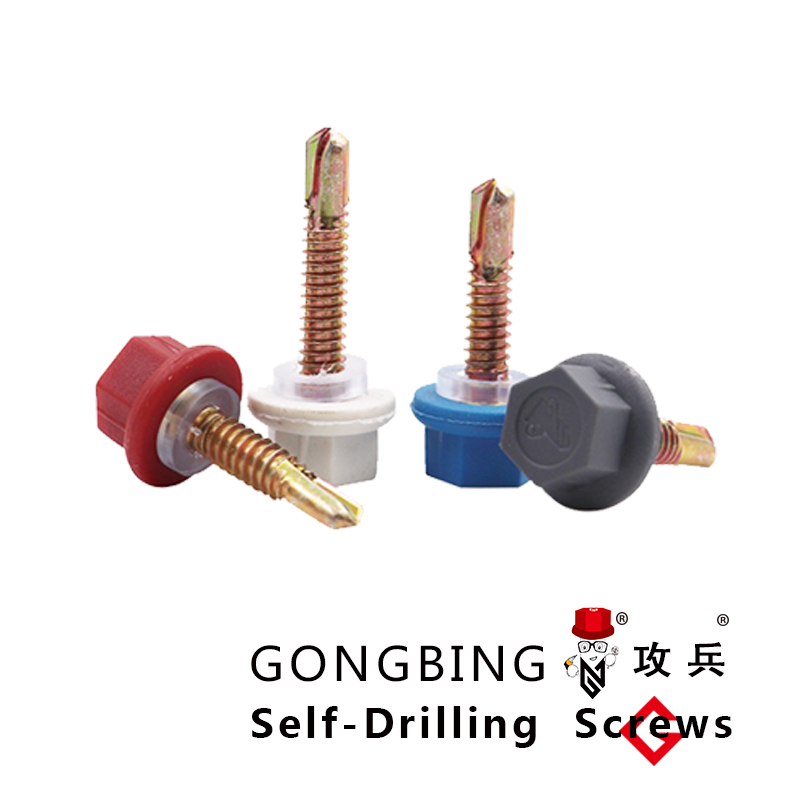concrete resin fixings
Understanding Concrete Resin Fixings A Comprehensive Guide
Concrete resin fixings have become an essential component in the construction and DIY industries, providing reliable solutions for securing various materials to concrete surfaces. These fixings, which include epoxy resins and other polymer-based adhesives, are favored for their strength, durability, and ease of application. This article aims to explore the various aspects of concrete resin fixings, including their types, applications, advantages, and installation techniques.
Types of Concrete Resin Fixings
There are several types of concrete resin fixings available in the market, each designed for specific applications. The most common types include
1. Epoxy Resins Known for their exceptional bonding strength, epoxy resins are versatile and can be used for both structural and non-structural applications. They cure to form a rigid and durable bond, making them suitable for heavy-duty installations.
2. Polyester Resins These fixings are generally easier to work with and cure faster than epoxy resins. They are ideal for lighter applications and are often used in environments where speed is crucial.
3. Vinylester Resins Combining the best properties of both epoxy and polyester, vinylester resins offer excellent resistance to chemicals and high temperatures. They are often used in demanding environments, such as industrial settings.
Applications of Concrete Resin Fixings
Concrete resin fixings are widely used in various applications, including
- Construction In new builds, resin fixings are used to anchor structural components like steel beams, rebar, and brackets securely to concrete. - Renovation For retrofitting and repairs, these fixings provide a reliable means of attaching fixtures and fittings to existing concrete structures.
- Infrastructure In civil engineering projects, concrete resin fixings are crucial for securing precast concrete elements and supporting structural integrity.
- DIY Projects Homeowners often use resin fixings for mounting shelves, securing handrails, or fixing outdoor furniture to concrete patios.
Advantages of Using Concrete Resin Fixings
Concrete resin fixings provide numerous advantages over traditional mechanical fixings, such as
concrete resin fixings

- High Load-Bearing Capacity These fixings can support significant loads, making them ideal for heavy-duty applications.
- Resistance to Environmental Factors Resin fixings are typically resistant to moisture, chemicals, and temperature fluctuations, enhancing their longevity and performance
.- Ease of Use With straightforward installation processes, resin fixings minimize the need for complex tools or specialized skills.
- Aesthetic Appeal Unlike mechanical fixings, resin fixings can be discreet, preserving the aesthetic quality of the concrete surface.
Installation Techniques
To ensure the best results when using concrete resin fixings, proper installation techniques must be followed. Here are some essential steps
1. Surface Preparation Clean the application area thoroughly to remove any dust, grease, or debris. This step is crucial for achieving a strong bond.
2. Drilling Use a suitable drill bit to create a hole in the concrete that matches the diameter specified by the resin manufacturer. Ensure the hole depth is appropriate for the fixation.
3. Mixing the Resin If using a two-part epoxy or polyester resin, mix the components according to the manufacturer's instructions until a uniform consistency is achieved.
4. Filling the Hole Inject the mixed resin into the drilled hole using a caulking gun or appropriate applicator. Ensure that the hole is filled adequately.
5. Inserting the Fixing Place the anchor or fixing into the resin-filled hole and allow it to cure as per the manufacturer's guidelines.
6. Curing Time Allow sufficient time for the resin to cure completely before applying any load or stress to the fixing.
Conclusion
Concrete resin fixings are indispensable for anyone working with concrete, offering a robust and versatile solution for anchoring various materials securely. Whether in professional construction, industrial applications, or home improvement projects, understanding the strengths and proper installation of these fixings will ensure their effectiveness and durability. By choosing the right type of resin fixing for your specific needs, you can enhance the safety and longevity of your installations.
-
Wedge Anchor Bolts: Secure Fastening SolutionsBerriakAug.05,2025
-
Insulation Fixings: Secure and Durable SolutionsBerriakAug.05,2025
-
Full Threaded Studs: Versatile Fastening SolutionsBerriakAug.05,2025
-
Expanding Fasteners: Secure and Reliable SolutionsBerriakAug.05,2025
-
Butterfly Toggle Anchors: Secure and Easy to UseBerriakAug.05,2025
-
Bracing Solutions for Steel StructuresBerriakAug.05,2025
